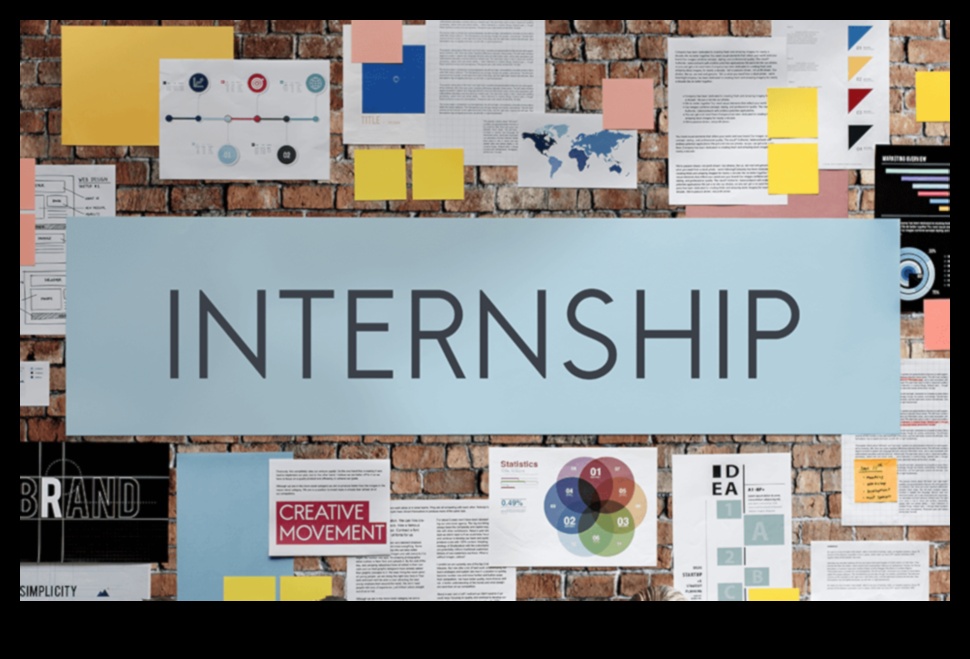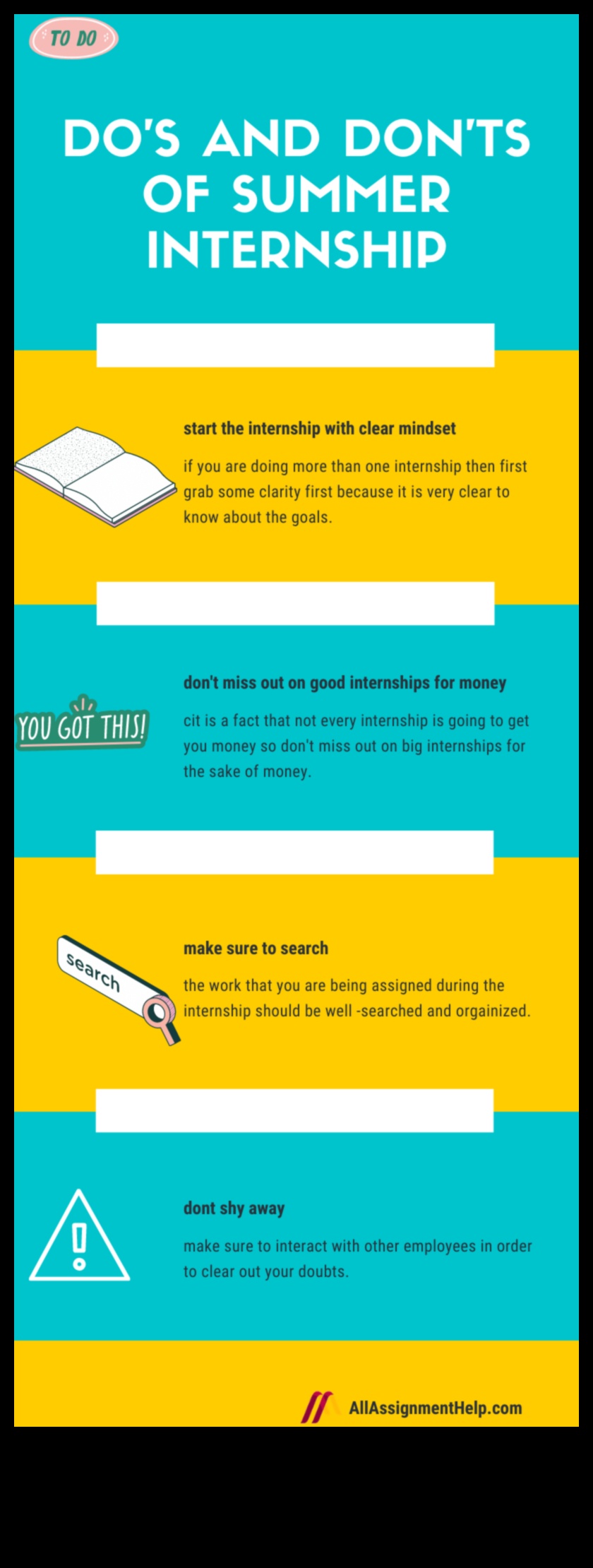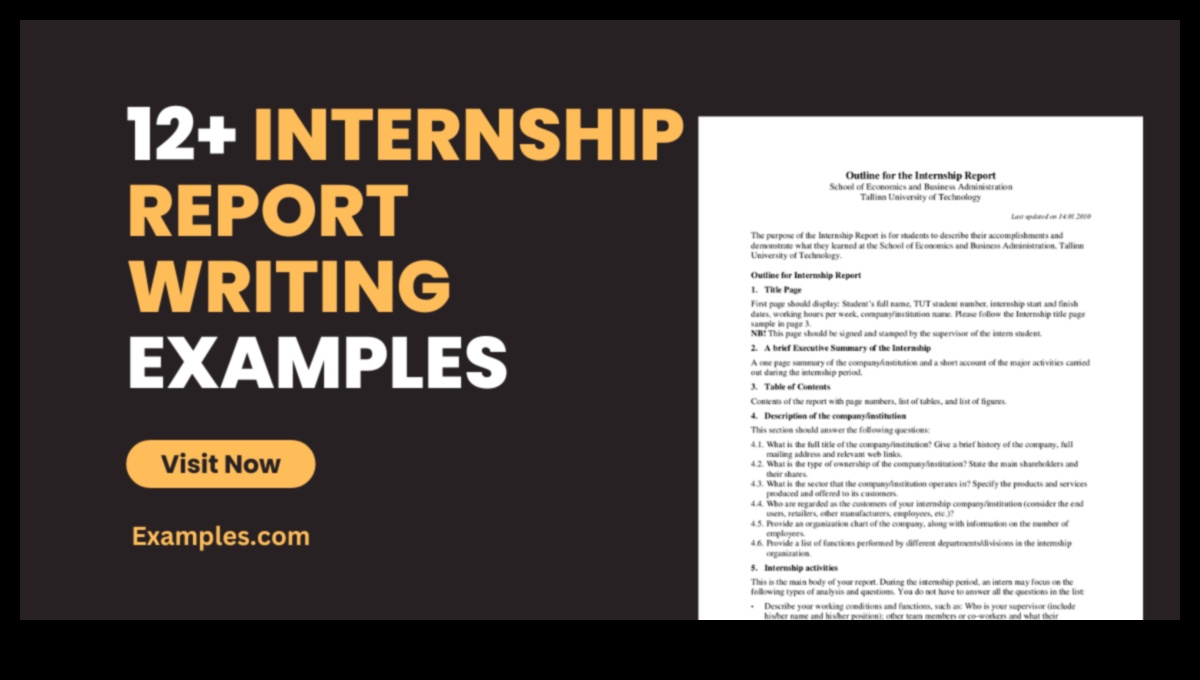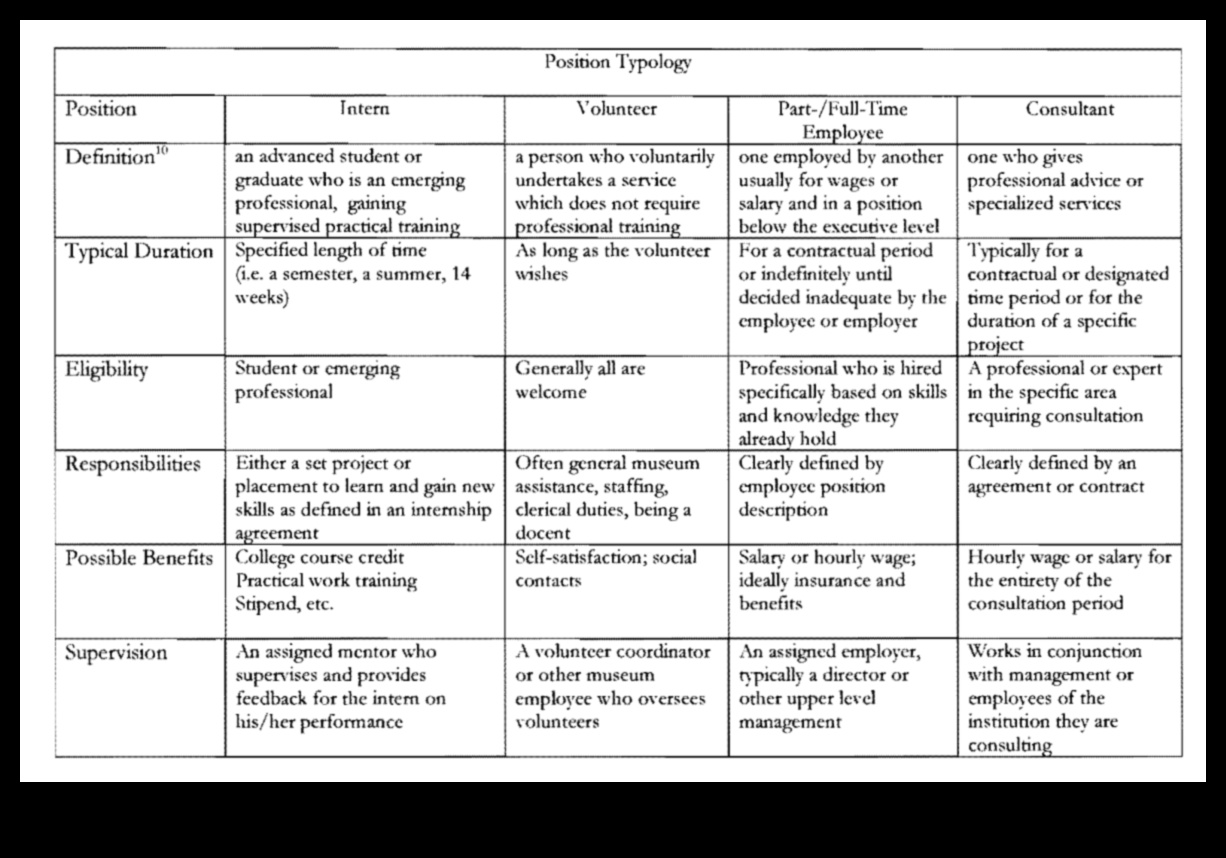
I. Introduction
A summer internship is a short-term job that students typically complete for credit or to gain experience in a particular field. Summer internships can be a great way for students to learn new skills, network with professionals, and get a foot in the door of their desired career field.
II. Benefits of a Summer Internship
There are many benefits to participating in a summer internship, including:
- Gaining valuable experience in your field of interest
- Networking with professionals and making connections
- Getting a foot in the door of your desired career field
- Learning new skills
- Improving your resume and job prospects
III. How to Find a Summer Internship
There are a few different ways to find a summer internship, including:
- Using online job boards
- Contacting companies directly
- Networking with friends, family, and mentors
- Attending career fairs
- Participating in internship programs
IV. What to Expect from a Summer Internship
Summer internships can vary in length, from a few weeks to a few months. The length of your internship will depend on the company and the position you are applying for.
During your internship, you can expect to learn new skills, work on real-world projects, and get feedback from your supervisors. You may also be required to attend meetings, give presentations, and travel.
V. The Length of a Summer Internship
The length of a summer internship typically ranges from a few weeks to a few months. The most common length of summer internship is 10 weeks. However, some internships can be as short as 4 weeks or as long as 12 weeks.
The length of your internship will depend on the company and the position you are applying for. Some companies may offer shorter internships to students who are just starting out in their careers, while other companies may offer longer internships to students who have more experience.
VI. The Pros and Cons of a Longer Summer Internship
There are both pros and cons to participating in a longer summer internship. Some of the pros of a longer internship include:
- You will have more time to learn new skills and gain experience
- You will have more opportunities to network with professionals
- You will have a better chance of getting a job offer from the company after your internship
Some of the cons of a longer internship include:
- You may have to commit to a longer period of time
- You may have to work longer hours
- You may have to travel more
VII. The Pros and Cons of a Shorter Summer Internship
There are also both pros and cons to participating in a shorter summer internship. Some of the pros of a shorter internship include:
- You will have less time to commit
- You will have less work to do
- You will have more flexibility in your schedule
Some of the cons of a shorter internship include:
- You will have less time to learn new skills and gain experience
- You will have fewer opportunities to network with professionals
- You will have a lower chance of getting a job offer from the company after your internship
VIII. How to Make the Most of a Summer Internship
There are a few things you can do to make the most of your summer internship, including:
- Gaining valuable work experience in your field of interest
- Networking with professionals in your field
- Learning new skills and knowledge
- Building your resume and increasing your chances of getting a job after graduation
- Earning money to help pay for college or other expenses
- The industry. Internships in some industries, such as finance and consulting, tend to be longer than internships in other industries, such as retail and hospitality.
- The position. Internships that involve more training and development may be longer than internships that involve more hands-on work.
- The company. Some companies offer longer internships than others.
- They are less time-consuming, which can be a major advantage for students who are also taking classes or working part-time jobs.
- They can be more intensive, which can allow students to learn more in a shorter period of time.
- They can be more flexible, which can make it easier for students to find an internship that fits their schedule and interests.
- They may not offer as much exposure to different departments or areas of work as longer internships.
- They may not provide as much opportunity for students to develop close relationships with their mentors or coworkers.
- They may not be as competitive as longer internships, which can make it more difficult for students to get hired.
- Do your research. Before you start your internship, take some time to research the company and the industry you’ll be working in. This will help you understand the company’s goals and expectations, and it will also give you a better idea of what you can expect from your internship.
- Be proactive. Don’t wait for your supervisor to assign you tasks. Take the initiative and seek out opportunities to learn new things and contribute to the team. The more proactive you are, the more you’ll get out of your internship.
- Network. Your internship is a great opportunity to meet new people and build relationships with professionals in your field. Make an effort to get to know your co-workers, your supervisor, and anyone else you interact with during your internship. These relationships can be helpful in your future job search, and they can also provide you with valuable advice and guidance.
- Ask questions. Don’t be afraid to ask questions during your internship. This is a great way to learn new things and get clarification on anything you don’t understand. Your supervisor and co-workers are there to help you, so take advantage of their expertise.
- Stay positive. Even if your internship isn’t everything you expected, it’s important to stay positive and make the most of the experience. A positive attitude will make you more enjoyable to work with, and it will also help you get the most out of your internship.
- You will have more time to learn and develop your skills.
- You will have more opportunities to network with your colleagues and supervisors.
- You will have a better chance of getting a full-time job after your internship.
- You may be required to work longer hours.
- You may be less likely to have a say in your projects.
- You may be more likely to burn out.
- You will have less time to learn and develop your skills.
- You will have less opportunities to network with your colleagues and supervisors.
- You will have a lower chance of getting a full-time job after your internship.
- You will be less likely to work long hours.
- You will be more likely to have a say in your projects.
- You will be less likely to burn out.
- Be proactive and take initiative.
- Ask questions and learn as much as you can.
- Network with your colleagues and supervisors.
- Stay positive and enthusiastic.
- Use online job boards and search engines.
- Network with your friends, family, and professors.
- Contact companies directly.
- Attend career fairs and workshops.
- You will be assigned a mentor or supervisor who will help you learn and develop your skills.
- You will work on a variety of projects that will give you hands-on experience in your field.
- You will have the opportunity to network with your colleagues and supervisors.

II. Benefits of a summer internship
Summer internships can provide a number of benefits for students, including:
Summer internships can be a great way to get a head start on your career and make connections that will help you in the future. If you are looking for a summer internship, be sure to do your research and find one that is a good fit for your skills and interests.
V. The length of a summer internship
Summer internships typically last for 10-12 weeks, although some may be shorter or longer. The length of the internship will vary depending on the company, the industry, and the role.
There are a few factors to consider when deciding how long of an internship to pursue. First, think about your schedule and how much time you can commit to an internship. If you have other commitments, such as school or other extracurricular activities, you may want to consider a shorter internship. Second, think about your career goals and what you hope to achieve from your internship. If you are looking for a more immersive experience, you may want to consider a longer internship.
Finally, consider the company and the role you are interested in. Some companies offer longer internships than others, and some roles require more time commitment than others. Talk to your recruiter or the hiring manager to get a sense of what the typical length of the internship is for that company and role.
Ultimately, the decision of how long to intern is a personal one. There is no right or wrong answer, and the best internship length for you will depend on your individual circumstances.

V. The length of a summer internship
The length of a summer internship can vary depending on the company and the industry. However, most summer internships typically last between 10 and 12 weeks.
There are some advantages to having a longer summer internship. For example, you will have more time to learn and develop your skills. You will also have more opportunities to network with your colleagues and get involved in projects.
However, there are also some disadvantages to having a longer summer internship. For example, you may find it difficult to maintain a balance between your internship and your other commitments, such as school or other extracurricular activities. You may also find it difficult to adjust to the new work environment and the demands of the internship.
Ultimately, the decision of whether or not to pursue a longer summer internship is a personal one. You should weigh the pros and cons carefully before making a decision.
The length of a summer internship
The length of a summer internship can vary depending on the company and the position. However, most summer internships typically last for 10 to 12 weeks. Some internships may be shorter, lasting for 6 to 8 weeks, while others may be longer, lasting for 14 to 16 weeks.
There are a few factors that can influence the length of a summer internship. These factors include:
When deciding whether to accept a summer internship, it is important to consider the length of the internship. If you are looking for an internship that will give you a lot of experience and training, then you may want to consider an internship that is longer. However, if you are looking for an internship that will allow you to earn some money and get your foot in the door of a particular industry, then you may want to consider an internship that is shorter.
Ultimately, the decision of whether to accept a summer internship is a personal one. You need to weigh the pros and cons of each internship and decide which one is the best fit for you.

VI. The length of a summer internship
Summer internships typically last for 10-12 weeks, although some may be shorter or longer. The length of the internship will depend on the company and the position.
There are a few factors to consider when deciding how long an internship should be. First, consider your own schedule and availability. If you have other commitments, such as school or other summer activities, you may need to choose a shorter internship. Second, consider the position you are applying for. Some positions require more training and experience than others, so you may need to choose a longer internship to get the necessary skills.
Finally, consider the company you are applying to. Some companies offer longer internships than others. If you are interested in a particular company, you may want to choose an internship that is the same length as their typical internship program.
Here is a table of the average length of summer internships by industry:
| Industry | Average Length of Internship |
|---|---|
| Business | 10 weeks |
| Engineering | 12 weeks |
| Finance | 10 weeks |
| Healthcare | 12 weeks |
| Technology | 10 weeks |
Of course, these are just averages. There are many internships that fall outside of these ranges. If you are interested in a particular internship, be sure to check the company’s website or ask the recruiter for more information.
VII. The pros and cons of a shorter summer internshipShorter summer internships can offer a number of benefits, including:
However, shorter summer internships also have some disadvantages, including:
Ultimately, the decision of whether or not to pursue a shorter summer internship is a personal one. Students should weigh the pros and cons carefully to determine which option is best for them.
How to make the most of a summer internship
A summer internship can be a great way to gain valuable experience, learn new skills, and network with professionals in your field. However, in order to get the most out of your internship, you need to make sure you’re taking advantage of all the opportunities it has to offer. Here are a few tips for making the most of your summer internship:
By following these tips, you can make the most of your summer internship and gain valuable experience that will help you in your future career.
9. FAQ
Q: How long are summer internships typically?
A: Summer internships typically last for 10-12 weeks. However, some internships may be shorter or longer, depending on the company and the position.
Q: What are the pros and cons of a longer summer internship?
Pros:
Cons:
Q: What are the pros and cons of a shorter summer internship?
Pros:
Cons:
Q: What should I do to make the most of my summer internship?
Here are a few tips to help you make the most of your summer internship:
Q: How can I find a summer internship?
There are a few different ways to find a summer internship. Here are a few tips:
Q: What should I expect from a summer internship?
Summer internships can vary greatly in terms of what you can expect. However, here are a few things that you can generally expect from a summer internship:
X. Conclusion
In this article, we have discussed the length of summer internships. We have provided information on the average length of summer internships, as well as the pros and cons of longer and shorter internships. We have also provided tips on how to make the most of your summer internship.
We hope that this article has been helpful. If you have any further questions, please feel free to contact us.
FAQ
Q: How long is the average summer internship?
A: The average summer internship lasts for 10 weeks. However, internships can range in length from 4 weeks to 12 weeks.
Q: What are the pros and cons of a longer summer internship?
A: Longer summer internships offer more opportunities for students to learn and grow. They also provide more time for students to get involved in their internship and make a real contribution to the company. However, longer internships can also be more demanding and require more of a commitment from students.
Q: What are the pros and cons of a shorter summer internship?
A: Shorter summer internships offer students a chance to get a taste of the workplace and learn about different industries. They are also less demanding and require less of a commitment from students. However, shorter internships may not offer as many opportunities for students to learn and grow as longer internships.